
6 Subtle Changes That May Signal the Early Stages of Colo.rectal Can.cer

6 Subtle Changes That May Signal the Early Stages of Colo.rectal Can.cer Without You Knowing
Be alert! Many early symptoms of colorectal cancer are often overlooked or mistaken for common digestive issues.
Colorectal cancer is a malignant tumor that occurs in the rectum, originating from epithelial cells of the rectal lining. This is a dangerous disease that can significantly impact both health and survival. Not only does it have a high incidence and mortality rate, but it also seriously affects quality of life, mental well-being, and poses risks of complications, metastasis, and recurrence.
Fortunately, early detection, timely treatment, and comprehensive management can greatly improve survival rates and quality of life. In the early stages—typically stage 0 or stage 1—when the cancer hasn’t spread beyond the primary site, the 5-year survival rate can be as high as 89.8%.
However, to achieve this, we must pay close attention and not overlook these 6 earliest signs of colorectal cancer: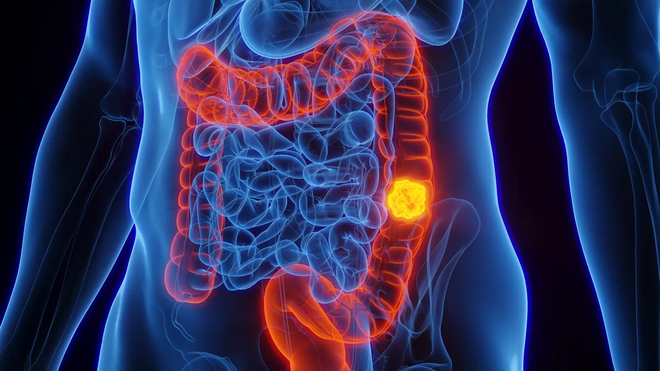
1. Persistent digestive disorders
Rather than temporary constipation or diarrhea, early colorectal cancer often presents with prolonged and unexplained digestive disturbances. This may include chronic constipation, unexplained diarrhea unrelated to diet or medications, or alternating between the two, disrupting daily life.
2. Changes in bowel habits
A sudden increase or decrease in bowel movements, or irregular timing, may occur. Common signs include the constant urge to defecate, the feeling of incomplete evacuation, or prolonged straining. The stool may also become thinner, flatter, or narrower than usual due to a tumor narrowing the intestinal passage.
3. Blood in stool
Often mistaken for hemorrhoids, rectal bleeding in colorectal cancer usually appears as bright red or dark red blood, either dripping or mixed with the stool. It frequently recurs and may be accompanied by abdominal cramping or changes in stool shape. Prolonged bleeding can lead to chronic anemia.
4. Bloating, gas, or dull lower abdominal pain
As the tumor grows, it obstructs digestion, causing constant bloating, indigestion, or gas—even after eating small amounts. This is often accompanied by persistent dull pain in the lower abdomen or around the navel, especially after meals. Many mistake it for common digestive disorders and ignore it.
5. Unexplained weight loss
A major red flag is rapid, continuous weight loss without dieting or increased physical activity. This may result from the body expending energy to fight cancer cells, as well as impaired nutrient absorption due to digestive system damage.
6. Prolonged fatigue, dizziness, pale complexion
Ongoing blood loss in the stool and digestive damage can cause anemia, leading to constant fatigue, exhaustion, dizziness, and pale skin. These symptoms often persist despite adequate rest and nutrition.
These symptoms are not definitive proof of cancer. However, if you experience one or more of them over an extended period—especially if you have a family history of colorectal cancer—seek medical evaluation for early diagnosis.
How to Prevent Colorectal Cancer
High-risk individuals include:
-
People over 50
-
Those with a family history of colorectal cancer or polyps
-
Individuals with chronic conditions like ulcerative colitis, Crohn’s disease, or genetic syndromes
-
People with unhealthy lifestyles
To reduce your risk, take the following preventive steps:
-
Eat a balanced diet: Include vegetables, fruits, and whole grains; reduce red meat and avoid processed or fast foods.
-
Increase fiber intake: Helps improve digestion, promotes bowel movements, and reduces toxin buildup in the colon.
-
Exercise regularly: Aim for at least 15–30 minutes a day to maintain a healthy weight.
-
Quit smoking and limit alcohol: Prevents irritation and damage to the intestinal lining.
-
Undergo regular screenings: Colonoscopy can detect and remove polyps before they turn into cancer.
News in the same category

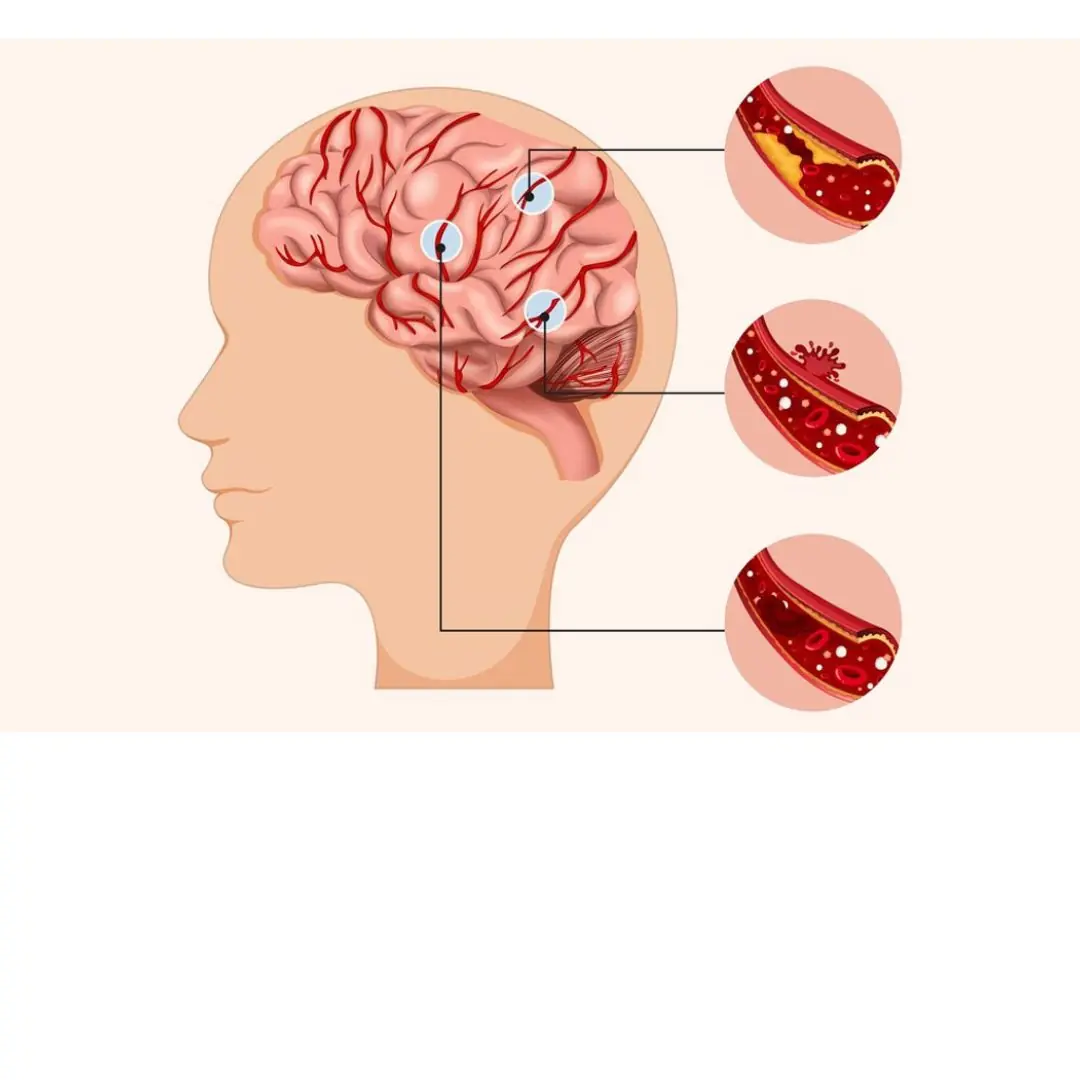
Why Can Young People Still Suffer Strokes and Sudden Death? 5 Dangerous Habits You Need to Quit Immediately

5 Delicious Foods Once Misunderstood as Har.mful
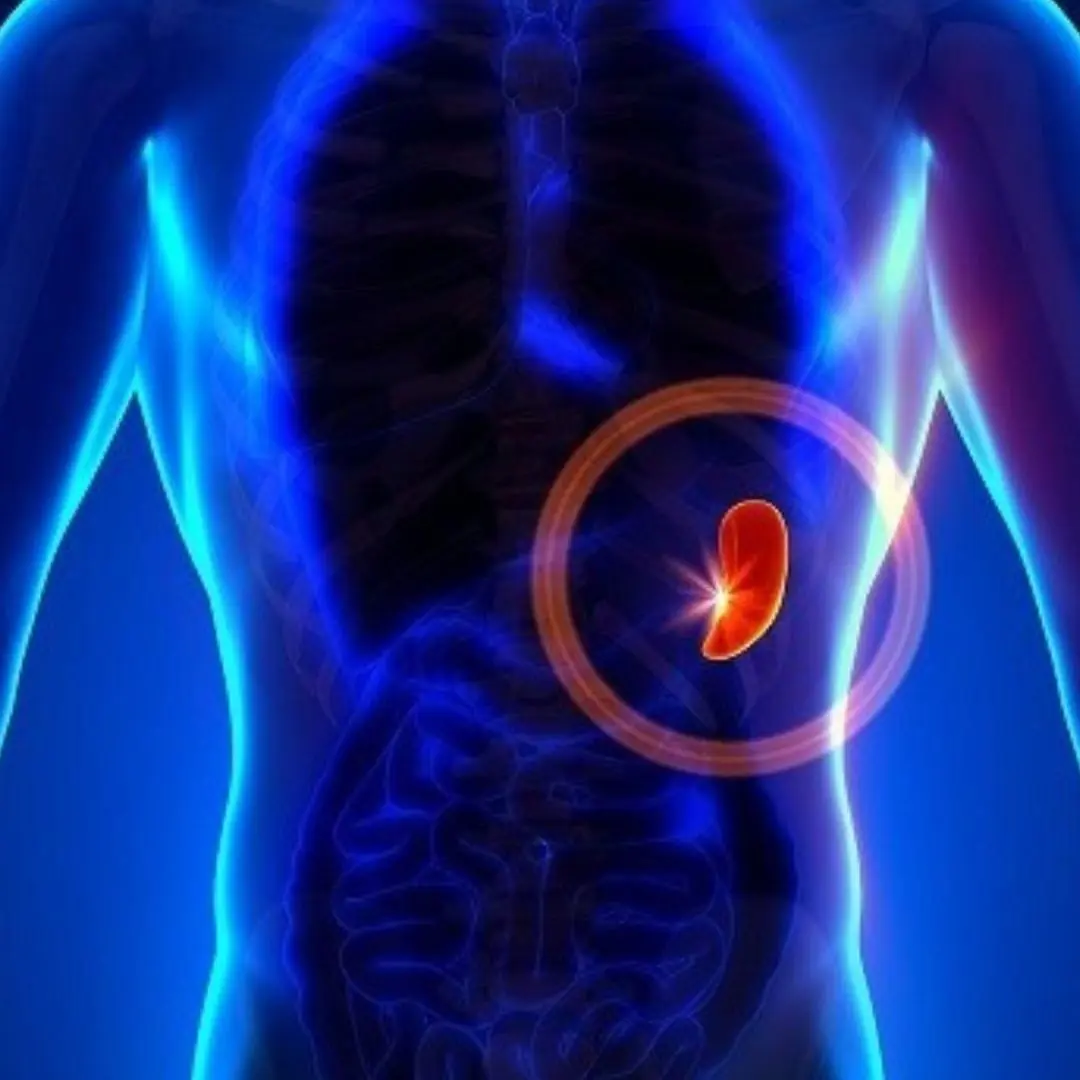
Spleen Cancer: A Rare But Dangerous Disease – You Need To Know!

Achy Mornings? Here’s What Your Body’s Trying to Tell You — And How to Fix It

5 Pancreatic Can.cer Symptoms Often Mistaken for Sto.mach Issues
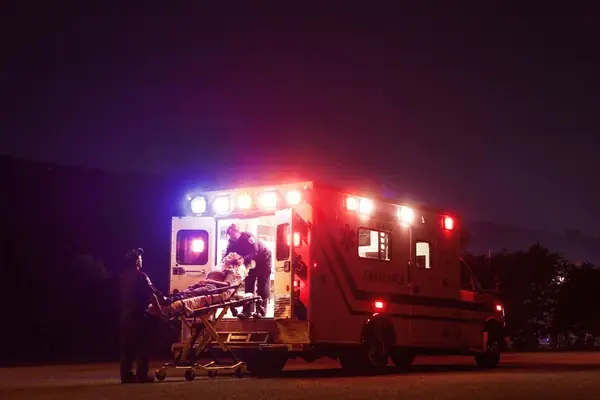
5 Types of Drinks That Can Harm Your Liv.er and Kid.neys at Night
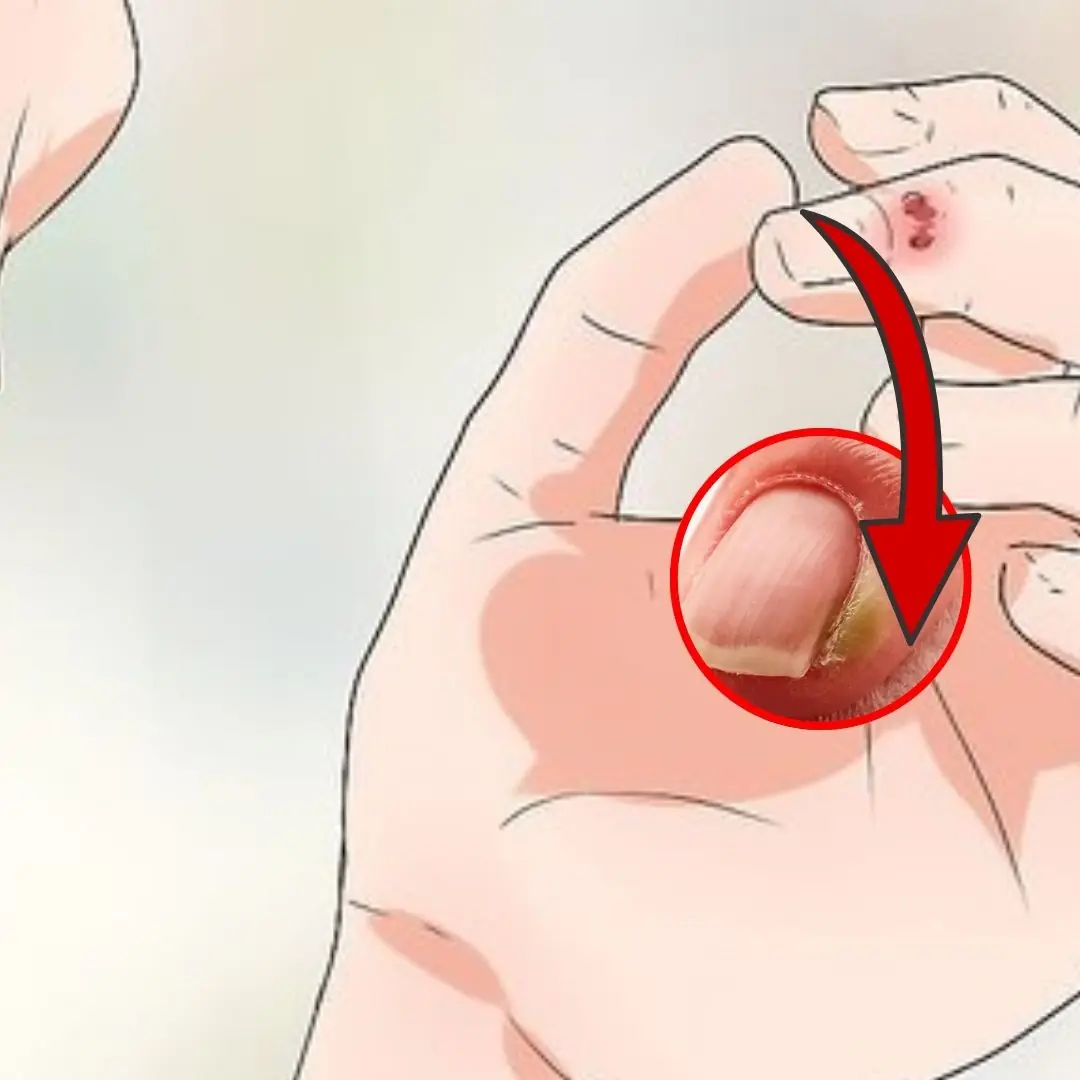
Suffering from Canker Sores? Here Are 3 Powerful Home Treatments You Should Try

When Fat Invades and Des.troys the Liv.er, the Body Swells in 5 Areas

3 “Golden” Foods That Help Women During Menopause

4 Clear Warning Signs of Stro.ke

6 Bodily Changes That Are “SOS Signals” From Your Kid.neys Before Can.cer

Your Body Might Be Low on Zinc — Here Are 6 Signs to Watch For

Woman gets brain infection after eating refrigerated watermelon

Bread May Be Delicious, But These 5 Groups Should Limit It
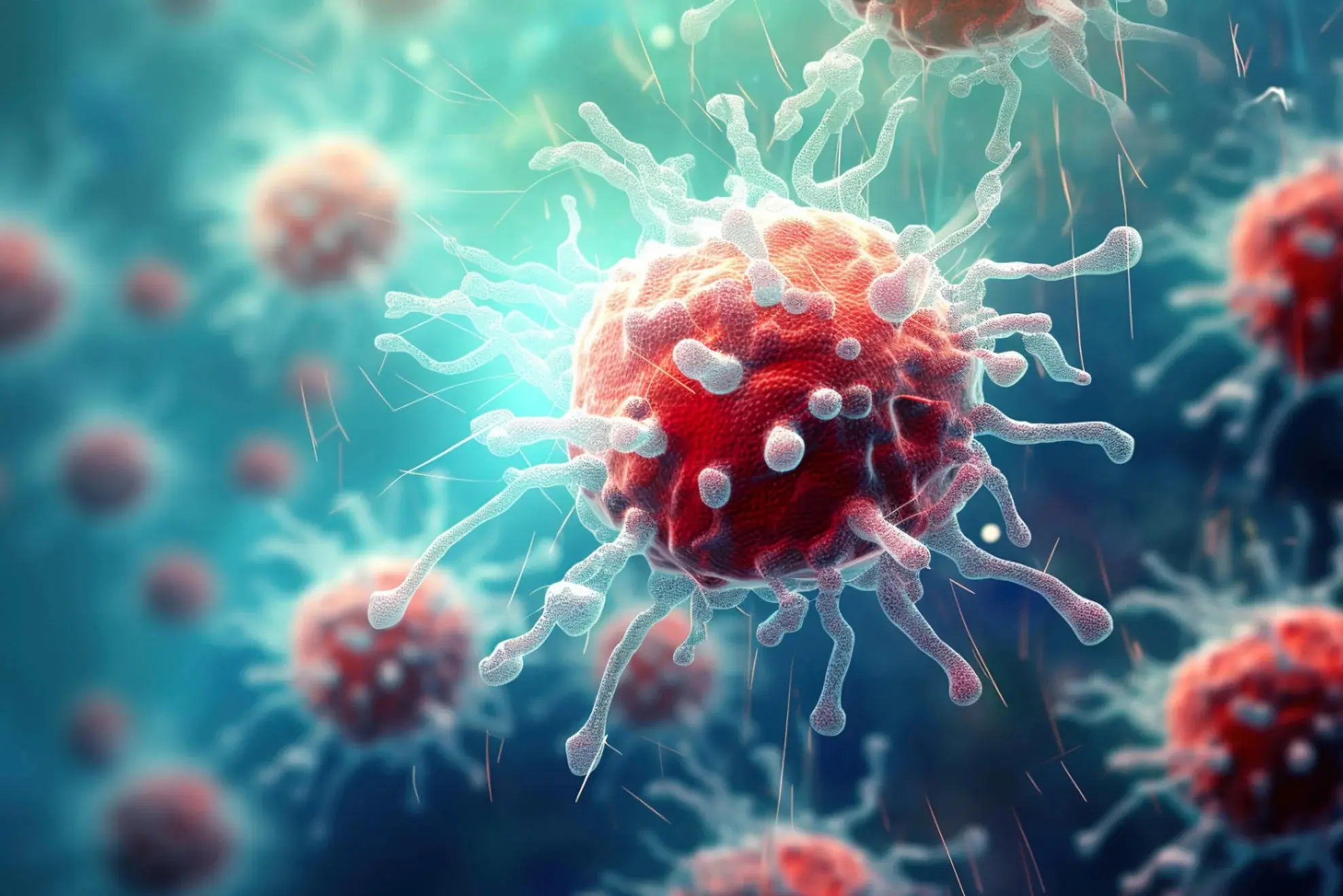
Identifying the “Switch” That Reduces Can.cer Cell Survival by 53%

Just 3 Minutes in the Morning: This Simple Test Can Reveal Hidden He.art Disease
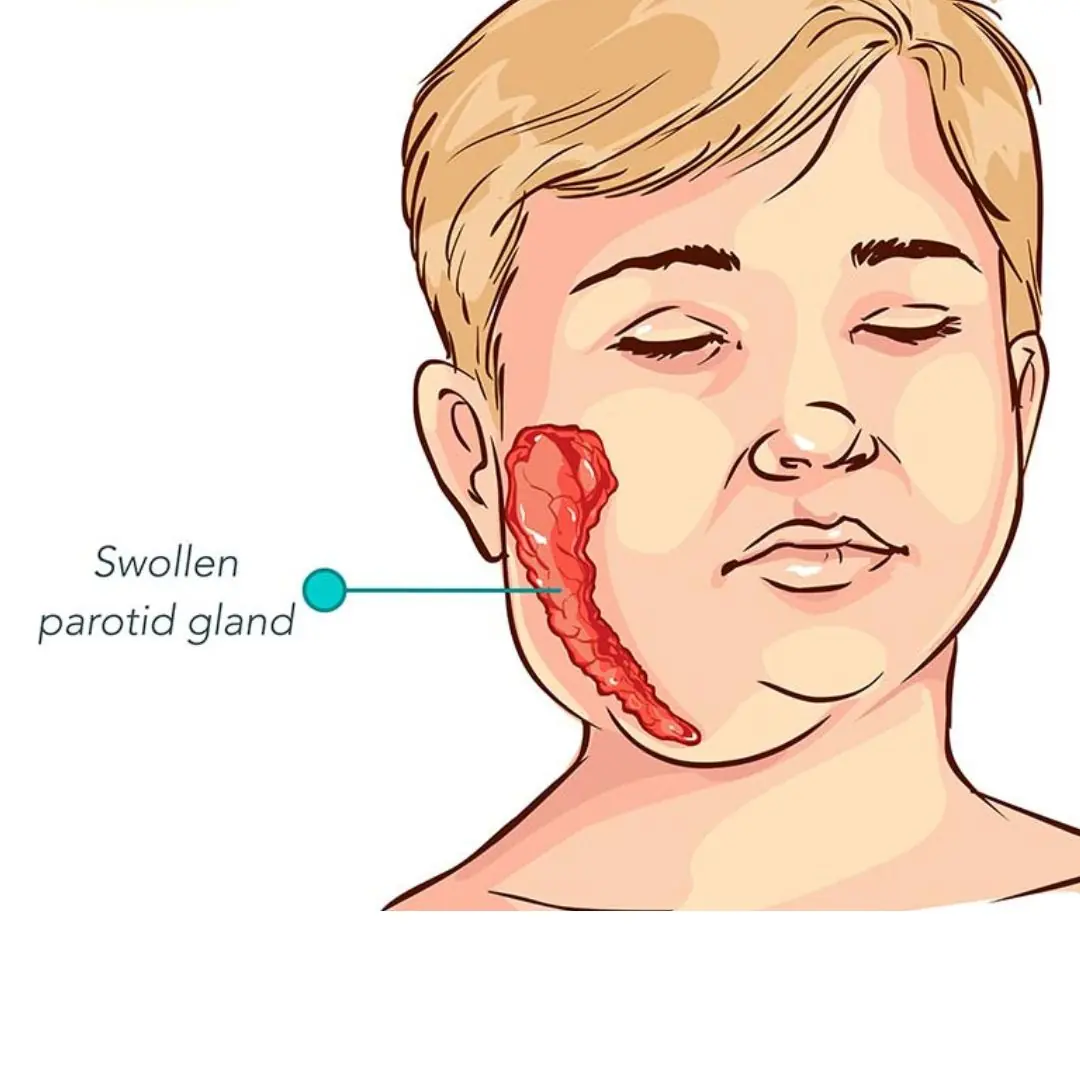
Does mumps in men affect reproductive health?

3 Types of Fruit Can.cer Cells “Love”
News Post

A familiar vegetable ranked among the cleanest by the U.S

The royal-class meat highly praised in the U.S

This pot of stew has never been left on fire for 50 years — the reason behind it will surprise you!

Tips to Skim Excess Fat from Greasy Soup

Onions Aren’t Just for Cooking: 5 Surprising Hacks

No Matter How Tight Money Is, Eat These 3 Types of Meat as Little as Possible
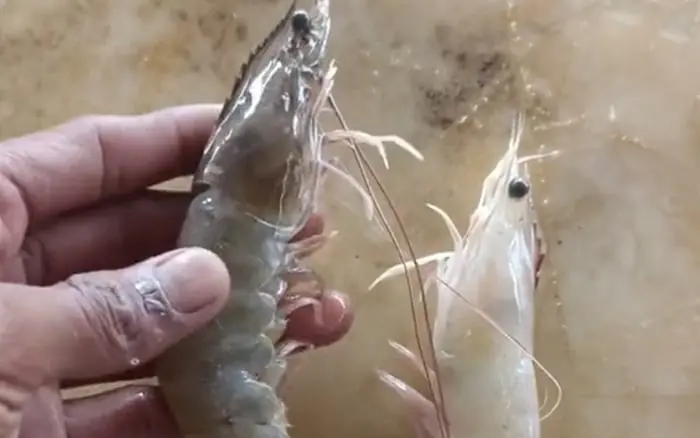
Want to Know If a Shrimp Is Farm-Raised or Wild-Caught?

7 Common Vegetables That Can Cause Kid.ney Stones

Why Can Young People Still Suffer Strokes and Sudden Death? 5 Dangerous Habits You Need to Quit Immediately

5 Delicious Foods Once Misunderstood as Har.mful

Doctor Warns: 4 Fruits That “Feed” Can.cer Cells

Is it healthier to use cooking oil or lard?

Can a plane in the sky be struck by lightning? Are the passengers inside safe?

Tsunami and its warning signs, essential for those who often go to sea

Ever seen red-tipped bananas in Europe? Here’s why they look that way

Spleen Cancer: A Rare But Dangerous Disease – You Need To Know!

When You Propose, Why Do You Get Down On One Knee? Exploring The Tradition Behind The Romantic Gesture

Drinking cold water at these 5 times can easily cause illness, no matter how much you like it, you should stay away from it
